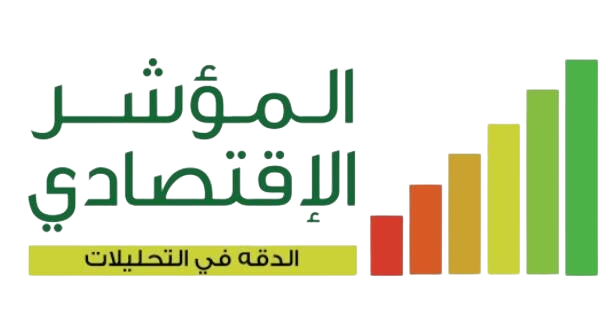KSA leads groundbreaking autonomous vehicle innovation, says Arthur D. Little’s latest report

Autonomous mobility led the new transport hype in the last decade, but it appears to have suffered from both internal limitations and external issues in recent years. The lasting global semiconductor chip shortage and greater supply crisis have also shifted automaker attention towards the installation of more critical functions in their vehicles. While the technology exists and has proven to be functional both in testing grounds and in real life conditions, the lack of suitable infrastructure and unoptimized cost structures, seem to have deterred innovation-driven use cases. Arthur D. Little (ADL), the leading management consultancy firm with the longest-standing presence in the Middle East region, elaborates on this and many other findings in their new Autonomous Mobility Journal, the series’ fourth edition. The journal comprises exclusive coverage of the latest autonomous mobility developments in the world, including KSA, shedding light on industry dynamics, prominent use cases, and the importance for smart mobility solution providers and governments to meet sustainability goals by 2030.
“Following a lot of anticipation over the potential of autonomous vehicles over the last decade, promising silver linings are starting to appear. While autonomous mobility is still not accessible or even available to most users on the roads globally, companies operating in this space have continued their work in the background to advance the technology. Additionally, the growth of other mobility-related technologies and use cases are expected to pave the way and facilitate the uptake of autonomous mobility,” said Antonio Semeraro, Senior Principal at Arthur D. Little Middle East.
According to the International Energy Agency, electric vehicle sales reached two million units in the first quarter of 2022, representing a 75% increase compared to the same period in 2021. Compared to traditional internal combustion engines, electric vehicle hardware and software are significantly more suited to accommodate for autonomous driving features, and autonomous driving technology is more prevalent across electric vehicles than internal combustion vehicles.
Developed in line with research conducted regionally and internationally, the publication details the latest innovation-led projects across the urban landscape. Examining the situation from KSA’s stance, the Transport General Authority (TGA) plays a leading role in ensuring that KSA’s transport sector adheres to stringent safety and quality levels, while also promoting investment and sustainable development through the strategic use of data and technology. By aligning with the Kingdom’s Vision 2030 socio-economic goals, TGA is at the core of a modern and efficient transportation ecosystem that is poised for long-term success. The latter was underlined in the ‘Interview of the semester’ segment by Prof. Omaimah Bamasag, Deputy of Transport Enablement at the Transport General Authority of the Kingdom of Saudi Arabia (KSA).
Prof. Omaimah Bamasag said: “Over a decade after its inception, the regulatory position of TGA in the Kingdom makes its role essential to the Kingdom’s vision. Saudi Arabia’s goals for autonomous vehicle transport are very ambitious and can be seen from the giant projects based on autonomy, such as NEOM and the Red Sea projects. These smart cities are designed to be sustainable across new transport systems for passengers and goods based entirely on autonomous mobility, such as autonomous aerial vehicles, autonomous pods and robo-taxis.”
TGA is working on two tracks. The first entails promoting and adopting new transportation modes through testing and piloting, R&D, and partnering with governmental and private entities, universities, and research bodies to formulate an enabling regulatory framework for these technologies. In the second track, TGA prepares economic, social, and environmental feasibility studies through which it determines the stages of imposing certain regulations on operators and providers of public transport services and goods transport.
In a nutshell, while TGA has the ability to swiftly implement regulations, it is crucial to conduct a thorough analysis of any possible effects that may arise from their implementation. This proactive approach ensures that any regulations align with the Kingdom’s Vision, and ensures positive outcomes for the transport industry and society as a whole. TGA is also collaborating with the Ministry of Communications and Information Technology and the Saudi Authority for Data and Artificial Intelligence to elevate the underlying communication infrastructure’s readiness, including 5G, data privacy and security. In parallel, TGA’s Investment and Competitiveness unit looks to create investment opportunities for the private sector and to pave the way for new horizons in the local market for autonomous vehicles.






